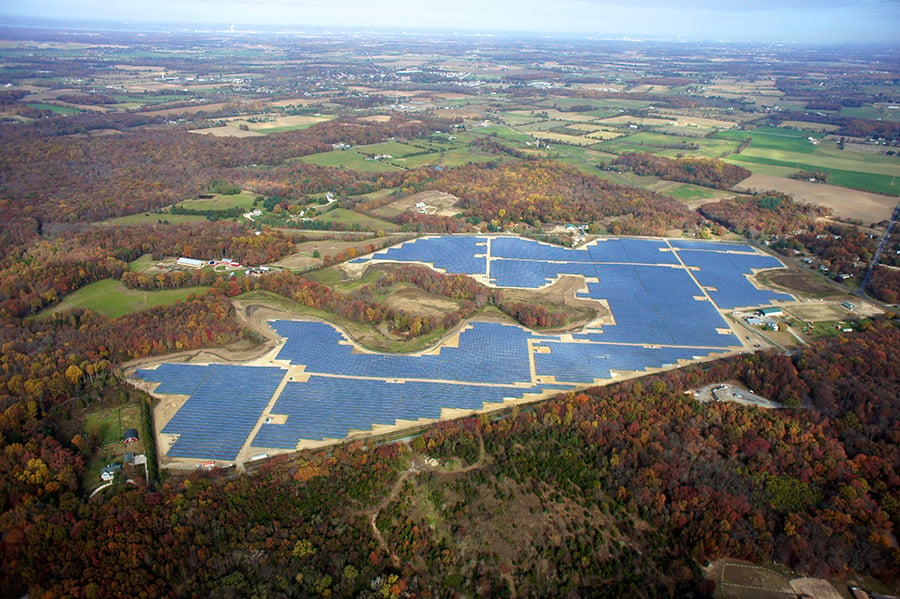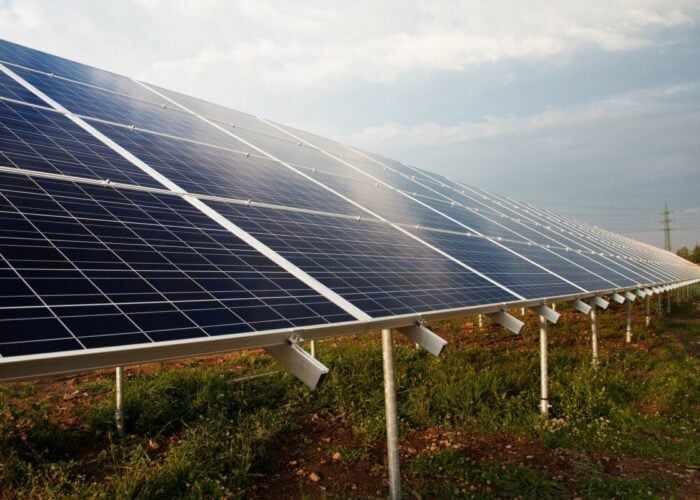
New Jersey should move to a hybrid solar incentive model to better link project support and consumer benefits, a report has concluded.
Such an approach, wherein large-scale projects enter competitive tenders while smaller installs received fixed incentives, should be the central focus of the state’s Solar Successor Program.
Try Premium for just $1
- Full premium access for the first month at only $1
- Converts to an annual rate after 30 days unless cancelled
- Cancel anytime during the trial period
Premium Benefits
- Expert industry analysis and interviews
- Digital access to PV Tech Power journal
- Exclusive event discounts
Or get the full Premium subscription right away
Or continue reading this article for free
The Capstone Report draft, developed by consultants Cadmus Group on behalf of the New Jersey Board of Public Utilities (NJBPU), recommends transitioning away from a competitive “market-style” approach adopted by New Jersey within its Solar Renewable Energy Certificate (SREC) program.
Instead, a hybrid approach should be drawn up which uses competitive solicitation methods for grid-scale projects, but fixed incentives for smaller-sized systems. This would, the report concludes, produce incentives that are more closely linked to the level of support required while saving ratepayers money.
The fixed-incentive programme should be implemented in an “always on” basis and complement net metering incentives in the near term order to provide strong certainty and financeability for projects in this field, however Cadmus has said this could evolve towards more of a total compensation model, which reflects a project’s holistic value to the entire energy system, in the longer term.
Cadmus has also suggested that any successor policy should properly differentiate between project classes, install types, locations and technologies used to ensure a “robust and diverse fleet” of projects is deployed, noting the many moving factors that can impact upon a project’s economics.
The full report can be read here, while two webinars are held to by NJBPU next week – on 17 and 20 August 2020 – to gather stakeholder feedback.
Joseph L. Fiordaliso, president at NJBPU, hailed the collaborative fashion that the state’s solar transition had been conducted, arguing it served as a “true reflection of how important the solar industry is – and will continue to be – to the Garden State.”
“The abundant renewable energy and thousands of jobs created by our solar partners throughout the state are critical to reaching Governor Murphy’s vision of 100 percent clean energy in New Jersey. I’m confident that the rigorous approach we’ve applied, and will continue to apply throughout this process, will provide the best possible outcome for a healthy and vibrant industry to those in the business community while ensuring its affordability for New Jersey consumers,” he said.






